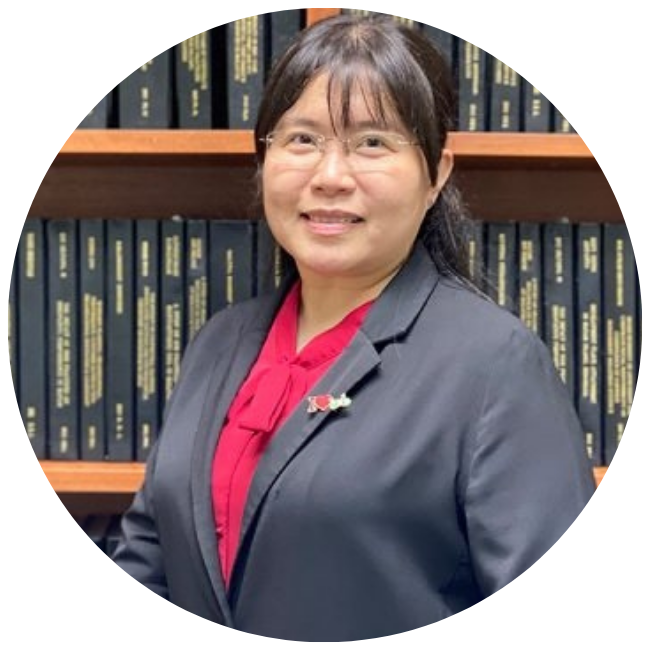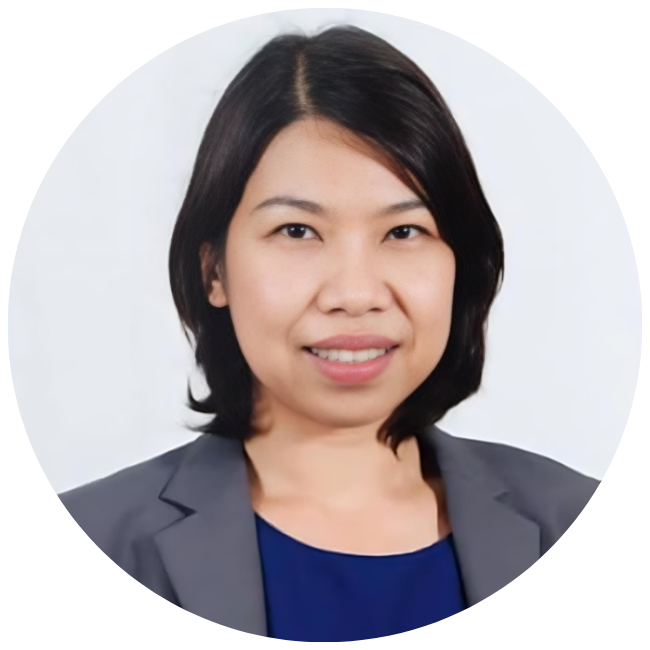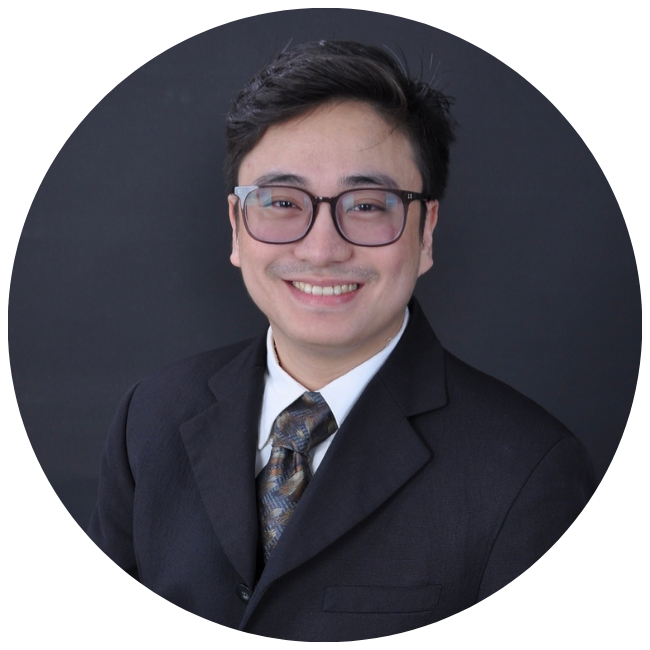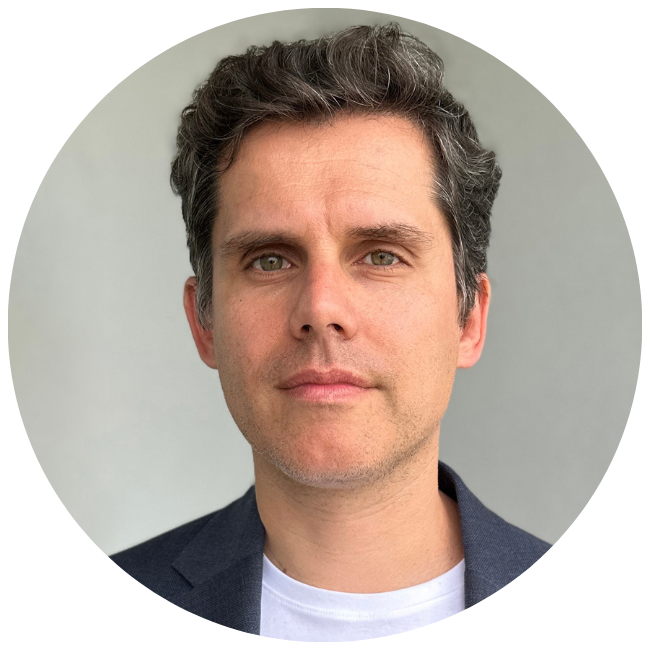
Assoc. Prof. Teoh Ai Ping
Universiti Sains Malaysia, Malaysia
Assoc. Prof. Ts. Dr. Teoh Ai Ping is a as Associate Professor and the Deputy Dean (Research, Innovation, Industry and Community Engagement) at Graduate School of Business, Universiti Sains Malaysia. She holds the qualifications of Doctor of Business Administration, Master of Science (Information Technology), and Bachelor of Accountancy (Hons.). Prior to joining USM, Dr. Teoh was one of the pioneer academics and Deputy Dean of another private University. Before embarking a career in education, she had experience in the industry, working in multinational corporations and consulting firms dealing with implementation and support of SAP R/3 Enterprise Resource Planning systems and other information systems. Dr. Teoh is a Professional Technologist (Cyber Security Technology) of the Malaysian Board of Technologists. She is also a Certified Risk and Compliance Management Professional (US), Certified in Training and Accredited Trainer (HRD Corp Malaysia), and holds a Professional Certificate in Mediation. Dr. Teoh is also a member with professional bodies such as the Institute of Electrical and Electronics Engineers (IEEE), Association for Computing Machinery (ACM), Association of Certified Fraud Examiners (ACFE), Malaysian Institute of Accountants (MIA), Institute of Internal Auditors Malaysia (IIAM) and Malaysian Institute of Management (MIM).
Title:From Motivation to Action: What Really Drives Cybersecurity Behaviour in Professional Settings
Abstract:
Cybersecurity has become a daily realism for accounting professionals, who depend heavily on digital systems to manage sensitive financial information. As cyberattacks grow more sophisticated, corporations continue to strengthen their defences, yet many incidents still arise from human behaviour rather than system weaknesses. This study focuses on exploringcybersecurity by investigating the behaviour of professionalswho are frequently exposed to cyber risks due to the nature of their work. The study investigates how perceptions of vulnerability, severity, rewards, response cost, self-efficacy, and threat influence motivation to engage in secure practices. Data were gathered from 260 professionals through an online survey.The findings show that perceived severity and perceived rewards influence how threats are interpreted, while perceived vulnerability does not. Cybersecurity awareness also influences how response cost is perceived, whereas safeguard effectiveness unexpectedly weakens the link between motivation and behaviour. These insights can benefit corporations to create a stronger cybersecurity culture.

Assoc. Prof. Siriporn Dabphet
Srinakharinwirot University, Thailand
Bio: Siriporn Dabphet received her B.A. in History and her first M.A. in Asian History from Srinakharinwirot University, Bangkok, Thailand, in 1997 and 2000, respectively. She earned her second M.A. and Ph.D. in History from the National University of Singapore in 2009 and 2013. In 2000, she joined the Faculty of Social Sciences at Srinakharinwirot University, where she served as Chair of the M.A. Program from 2018 to 2022 and as Vice Dean for Organizational Development from 2012 to 2015. She is currently an Associate Professor and serves on the University Board of Educational Quality Development and the Board of Academic Affairs. She is also a member of the Editorial Board of the Encyclopedia of Thai History, the Academy of Moral and Political Sciences, Royal Society of Thailand. Her research primarily focuses on modern East Asian history and Thai social history. Some of her publications are “Japan’s Aging Society: Policy, Lessons and the Silver Economy”, “Conflict Management in China: The Case of Muslim Uyghurs in Xinjiang Province”, and “State and Religion in Nineteenth-Century Thailand”. Her recent publication in Sustainability (2025), titled “Developing a Resource-Constrained Age-Friendly City Framework: A Mixed-Methods Study of Urban Aging in Bangkok, Thailand,” reflects her continued engagement with interdisciplinary approaches to social and urban studies.
Title: Air Pollution Control in China: Policies, E-Technology Integration, and Global Implications
Abstract:
This study examines China's air pollution mitigation strategies from the 2010s to the present, with a particular focus on the role of technological interventions. It explores the intersection of electronic technology, emergency management, and environmental governance in China's remarkable achievements in reducing air pollution from the 2010s to the present. Through a comprehensive analysis of digital monitoring systems, big data applications, and technological innovations, this study demonstrates how e-technology has transformed China's approach to air quality management.
The findings show that Digital technologies and e-governance can help reduce air pollution, but they also pose complex policy and governance challenges. Their effective use requires careful oversight to avoid unintended consequences. The server air quality forced the Chinese government to implement the first action plan on air pollution prevention in 2013. This contributed to a rigorous and well-defined framework for managing air pollution, coordinated across both national and local governments. Key components of this framework include comprehensive environmental policies and the integration of digital technologies for monitoring and controlling pollution levels. These initiatives have led to noticeable enhancements in air quality in many major urban centers, though significant obstacles persist, particularly in regions with concentrated industrial activity. The study shows clear evidence of reduced pollution, with Beijing's PM2.5 levels declining by 35% between 2013 and 2017, supported by advanced digital infrastructure and emergency response systems. This research provides actionable recommendations for other nations facing similar air quality challenges.

Assoc. Prof. Jose Mari M. Lee
National University, Philippines
Bio: Dr. Lee is a distinguished educator, researcher, and licensed real estate broker with a decade of dedicated service in the academe. He previously served as the Data Privacy Officer of National University – Mall of Asia, where he played a key role in strengthening institutional compliance, developing data protection policies, and advancing privacy awareness across the campus. He completed his Doctor of Philosophy major in Commerce from University of Santo Tomas Graduate School, graduating Magna Cum Laude in 2020. He holds a Master in Business Administration from Colegio de San Juan de Letran – Manila (2014) and a Bachelor of Science in Business Administration, major in Management, from the Philippine Christian University (2011). As an active scholar, he has published international research journals contributing to the fields of business, management, marketing, consumer behavior, and related studies. His work reflects a strong commitment to academic excellence and continuous knowledge development. Dr. Lee is currently a full-time faculty member at National University – Mall of Asia and serves as one of the university’s Internal Quality Auditors.
Title: Assessing the Influence of Engaging Mobile Marketing Strategies on Micro, Small, and Medium Enterprises (MSMEs)
Abstract:
The rapid development of mobile marketing has impacted MSMEs' customer interactions to a great extent. The impact of SMS, social media, location-based, proximity, and in-app marketing on consumer interaction is investigated in this study among students in Bacoor, Cavite. Quantitative research methodology through surveys, ANOVA, and multiple linear regression analysis is employed to quantify the effectiveness of these strategies. Evidence shows that in-app marketing and social media exert the most influence since they are interactive and offer-targeted. Location and proximity marketing also elicit consumer action since they have direct effects on business traffic. SMS promotion is direct, but its success is determined by the frequency and suitability of messages. The research suggests the necessity of a comprehensive mobile marketing strategy that includes multiple methods to receive maximum customer attention. Personalization, real-time interaction, and digital responsiveness are major drivers in ensuring the success of marketing. Suggestions are made for MSMEs to upgrade their mobile marketing strategies to obtain sustained customer attention and brand loyalty in a rapidly digitizing age.

Prof. Nuno Martins
Polytechnic University of Cávado and Ave, Portugal
Bio: BA in Communication Design (2003), MA in Multimedia Art (2007) and PhD in Digital Media (2013) from the University of Porto. In 2020, he completed a Post-Doctorate in Design at the Faculty of Fine Arts of the University of Porto. He is currently Associate (tenured) Professor at the School of Design of the Polytechnic University of Cávado and Ave (IPCA) and Director of the PhD Program in Design in Digital Technologies. He is an Integrated Researcher of the Research Institute for Design, Media and Culture (ID+), where he has focused his research in the area of Communication Design for Digital Media. He was Co-Principal Investigator (Co-PI) of the project "HERIC 2D - Health Risk Communication: Design and digital communication of official public health sources to guide citizens in pandemic situations" funded by FCT (Ref. 2022.06008.PTDC); was Principal Investigator (PI) of the project "ECHO - Echoing the Communal Self: designing the dissemination and replication of self-initiated practices in underprivileged urban communities in a post-pandemic world", funded by FCT (EXPL/ART-DAQ/0037/2021); and has participated, as a team member, in several funded research projects. He is the Founder and Chair of DIGICOM - International Conference on Design & Digital Communication (http://digicom.ipca.pt). He is member of the editorial board of several scientific journals and was co-editor of more than several scientific publications in the area of Communication Design, namely chapter books and proceedings of international conferences. He has won numerous awards, namely: 3 Graphis Gold Award (2021, 2015 and 2014, USA); 2 Graphis Silver Award (2020 and 2014, USA); 1st prize - Mascot of the Oceanário of Lisbon; 1st prize - Mascot of the Water Pavilion of Porto; 1st prize - Porto Digital logo; 1st Prize "Winner Online" in the contest Webdesign 2004, promoted by ESTAL; and 1st Prize in the Contest "Papies 2006" (category "Papies of the Internet). Some of his design projects appear in over two dozen books on Communication Design, published in Hong Kong, Germany, Spain, USA, Austria, Netherlands, France, China and UK.
Title: Documentaries as a Tool for Collecting and Disseminating Memories of Self-Initiated Community Practices: The Case of Workshop School
Abstract:
The aim of the research presented in this paper was to observe and record in documentary form the human dimension intrinsic to self-initiated community practices in social neighbourhoods in V.N. Gaia, Portugal. This work was carried out as part of the research project "ECO: Echoing the Community Self". Of the practices identified by the ECO project, Workshop School (WS) was chosen as the object of analysis and intervention in this documentary work.
This project adopted an action-research methodology and used audiovisual tools in order to respond to an identified problem: the lack of visibility of the impact that the activity developed by WS has on people. The work was divided into 3 stages: a) fieldwork to diagnose the problem; b) intervention (documentary film aimed at giving visibility to the people who directly benefit from the WS's activity: the trainees); and finally, c) evaluation of the result.
In order to observe and diagnose the problem, it was also necessary to adopt an ethnographic methodology, using fieldwork techniques and methods to get closer to the object of study, the most important elements in the creation and development of self-initiated educational practices. This work informed the next stage, in which different mechanisms were adopted to record and construct an audiovisual narrative, based on the testimonies of the people involved in the learning processes mobilised by WS. In order to evaluate the results, they were presented with the intention of contemplating and analysing the reception and perception of the people portrayed in the project.